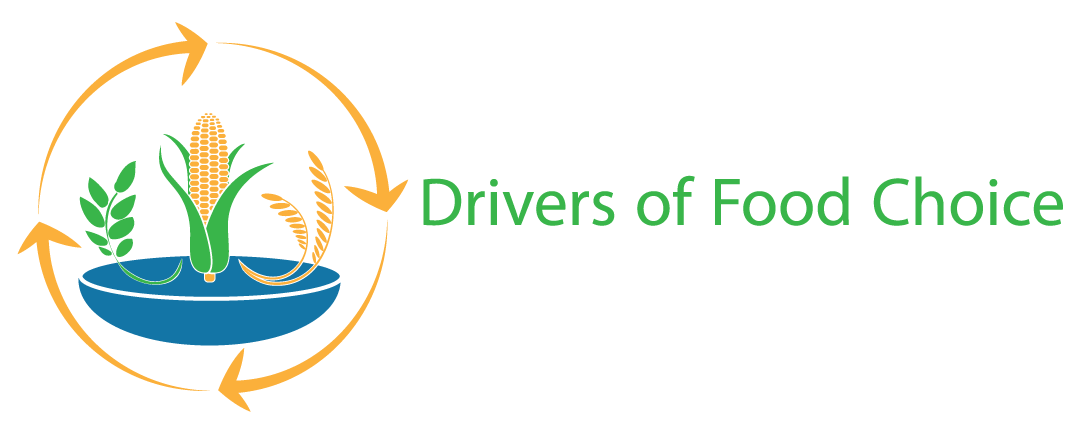 14 January 2021. First webinar on Drivers of food choice in low- and middle-income countries: a synthesis of evidence
14 January 2021. First webinar on Drivers of food choice in low- and middle-income countries: a synthesis of evidence
Food choice involves the processes by which people consider, acquire, prepare, distribute, and consume foods and beverages. Viewing nutrition and health outcomes through the lens of food choice ties individual perceptions and behaviors to food environments and food systems. People are the key element of any food system, and their interaction with the food environment is a focal point for understanding what, how, and why people eat. The food environment both shapes and is shaped by individual food choices.
This webinar will include 3 presentations about selected projects to illustrate key findings on drivers of food choice at the individual and household levels with an emphasis on the dynamic and reciprocal relationship with the food environment:
- Christine E Blake, Department of Health Promotion, Education, and Behavior, Arnold School of Public Health, University of South Carolina: Key learnings from Drivers of Food Choice Competitive Grants program
- Mirriam Matita, Lilongwe University of Agriculture and Natural Resources (LUANAR), Department of Economics, University of Malawi, and Helen Walls, London School of Hygiene and Tropical Medicine: Household participation in food markets and dietary diversity: evidence from rural Malawi
- Sigrid Wertheim-Heck, Environmental Policy, Wageningen University: Transformations of the food retail environment and dynamics in food consumption of low-income urbanites: evidence from Vietnam
The purpose of the Drivers of Food Choice (DFC) Competitive Grants Program is to generate evidenceto understand how people make food choices in local food environments, specifically what, how, and why people eat the way they do among low- and middle-income countries. The DFC program funded projects that applied multi-disciplinary perspectives and methods across highly diverse settings and populations in 10 LMICs.
Videos

No comments:
Post a Comment